I just call myself a musician: Azhar
Arieb Azhar talks about his experiences, inspirations and music.
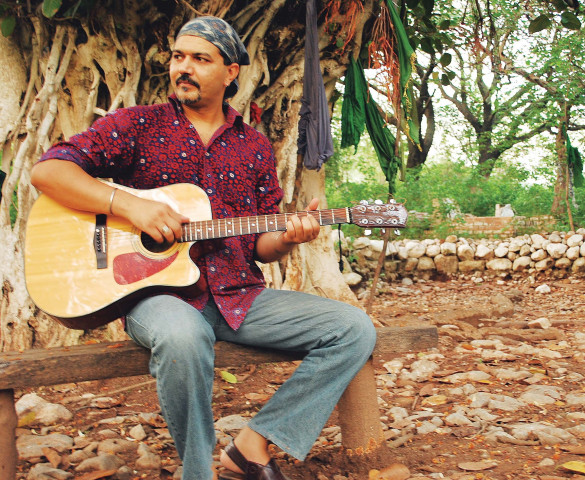
Why Sufi music?
I don’t call myself a Sufi musician; I just call myself a musician. I have always been inspired by the folk and peoples music of the world and of the storytelling/bardic tradition.
If a piece of poetry makes sense to me, I try to internalise it and compose it, regardless of whether people call it Sufi or not. I am a little wary of this tag. If there is such a thing as Sufi music, it’s music that has soul and meaning, in whichever language it might be. In this sense not only are Pathaney Khan, Shaukat Ali and Abida Parveen Sufi for me, but also Bob Marley, Fela Kuti, Leanard Cohen.
Whose kalam do you like best to perform and why?
I don’t have any favourites anymore. There are so many great poets from the subcontinent. I have not seen such a wealth of literature anywhere in the world. I always have an affinity for Baba Bhulleh Shah. But Sultan Bahu, Khwaja Ghulam Fareed, Mian Muhammad Baksh, Shah Hussain, Waris Shah, Guru Nanak, Kabir Das, Baba Fareed, Sachal Sarmast, Shah Abdul Lateef Bhittai, Rehman Baba... all these are great names.
How has your album Wajj been received worldwide?
I always knew that the album Wajj was not going to be an overnight hit. It is more mature music that takes time seeping in. [But] now I notice a growing interest for the album. Recently it got re-released by a company in England. It’s difficult to find it in the market in Pakistan, but it’s available on ITunes, Amie Street and Amazon on the net.
What has your Coke Studio experience been like?
It’s been great throughout. It’s not easy in Pakistan getting even a small group of people to come together and do something in an organised fashion, but Coke Studio was flawlessly organised. Another great aspect of Coke Studio was that the artists were given all the space and respect required and were not put under the least bit of pressure to compromise on their artistic creativity.
Coming from the Balkans and performing in a different genre, was it a tough choice to make?
It was a tough choice after having spent 13 years abroad and gotten used to how things work there. It required a certain amount of effort. But it had to be made and I don’t regret it for one instance. The more I evolve in my musical expression in Pakistan, the deeper I am able to ‘feel’ the music (such as Irish and Balkan music) that I was doing before.
What’s up next?
This Ramazan I should finish my next album, that was started last Ramazan. It includes some tracks that people identify with Sufi, but also more contemporary lyrics that are as relevant for me.
A video will also be out in September, directed by Shahbaz Sumar, for one of the newer songs “Mere Des Me Hen Imkaan Bohot” which is like an anthem of hope for the Pakistan of today.
Another album that I’m recording in Croatia is also in its finishing phase, which a producer friend of mine is creating. It’s basically his music around my songs, and since he knows nothing about subcontinental music, his interpretation has a completely fresh approach.
Also this year we are planning a very special theatrical musical production, in Urdu and Panjabi, in which I’ll be getting back to acting after 19 years.
Published in The Express Tribune, August 20th, 2010.

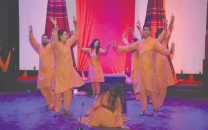
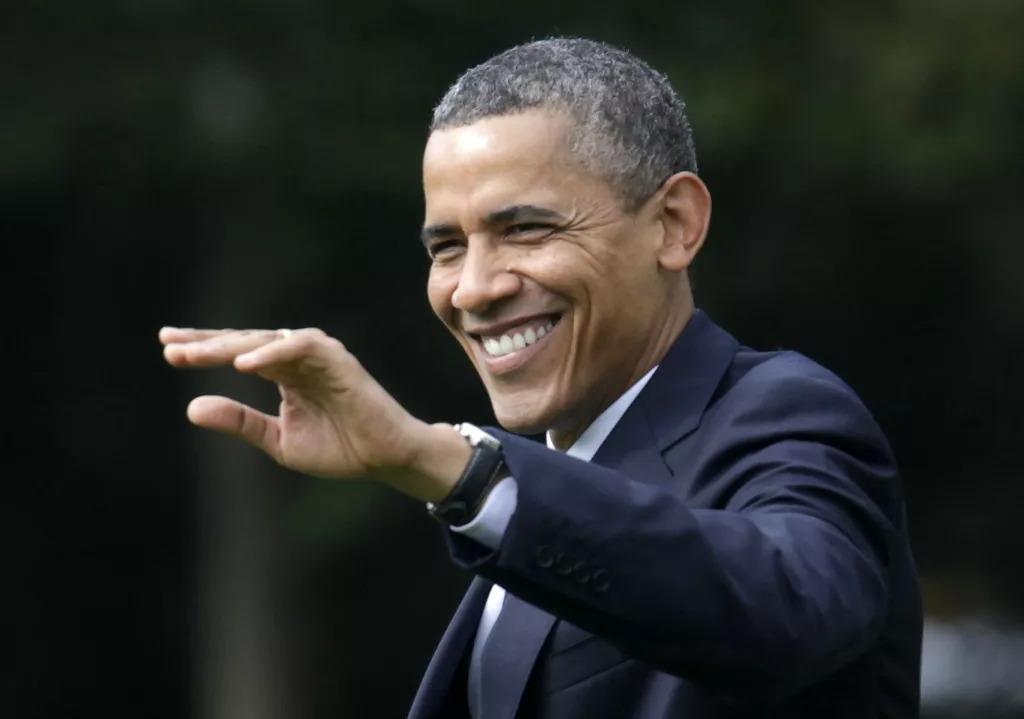

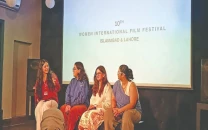
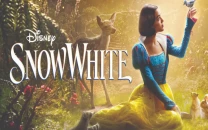
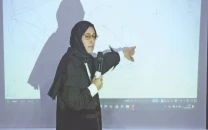











COMMENTS
Comments are moderated and generally will be posted if they are on-topic and not abusive.
For more information, please see our Comments FAQ